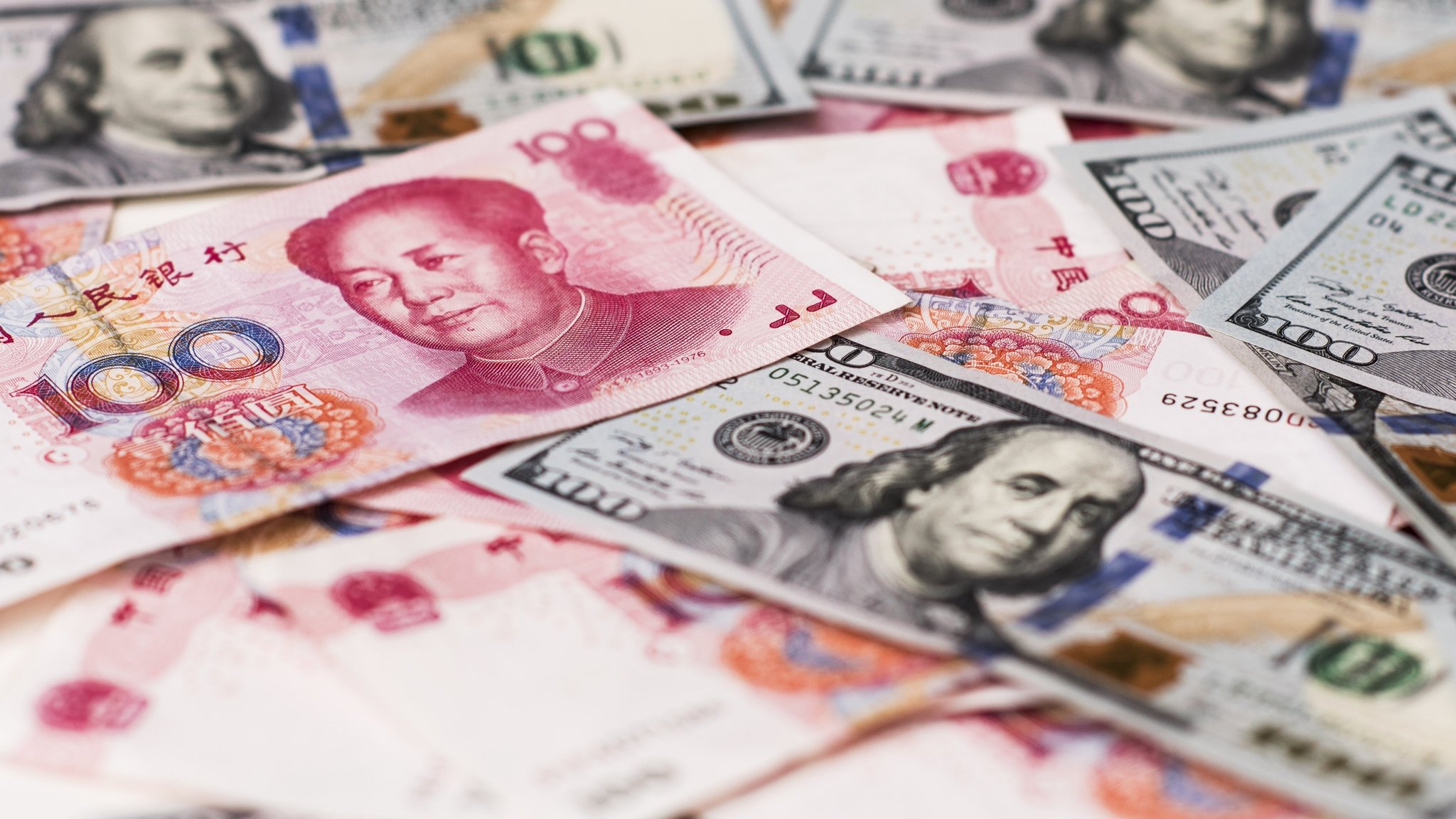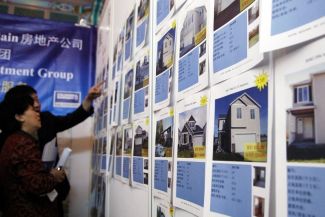Cash-rich Chinese corporations are running out of places to invest.
As economic growth cooled and investment opportunities ebbed in China last year, listed companies moved a record $110bn of idle cash into financial products, mainly at banks, according to data from Wind Financial Information.
The flood of company funds into wealth management products — up some 40 per cent on the previous year — was a sign that many groups in the country shunned risky corporate expansion amid the economic slowdown, instead preferring short-duration investments.
Almost half of the products bought by companies had a maturity of one to three months.
“They believe that these products offer attractive returns relative to risks compared with other investment opportunities, particularly as the economy is still under downside pressure,” said Chua Han Teng, a senior analyst at BMI Research in Singapore.
China’s gross domestic product grew 6.7 per cent in 2016, hitting the high end of a government target but still the slowest pace of growth since 1990.
In early 2016, policymakers signaled that they would again unleash stimulus spending targeted at state-owned groups, while also promoting consolidation through mergers and acquisitions.
Those efforts came up short last year. The value of domestic M&A in 2016 fell 19 per cent from the previous year following two years of rapid growth. Fixed asset investment in China grew 8.1 per cent year on year — the slowest rate since 1999.
About $64bn of the cash companies invested in wealth products had been raised from investors through initial public offerings and private placements, indicating that despite the low appetite for corporate investment, Chinese groups still sought to hold on to cash.
“It does suggest inefficiency in China’s capital and credit markets that Chinese companies have to deal with by precautionary cash hoarding,” said Liao Qiang, S&P Global Ratings senior director of financial institutions.
Capital expenditure for corporations in China declined starting in 2012, prompting companies to remove or reduce spending plans from their annual business strategies, said Catherine Yeung, investment director at Fidelity International.
In 2016, many groups saw an unexpected increase in profits that left more cash at hand than expected, she said. Company managers could deploy some of those resources in the second half of 2017 if economic conditions hold up.
“Free cash flows were picking up [in 2016] but you didn’t see the capex cycle turn,” Ms. Yeung said. “Especially in the second half [of this year], it will be interesting to see if capex picks up.”
Over the past four years, Chinese regulators have leaned on listed groups to pay out regular dividends in the hope of bringing mainland bourses more in line with international standards.
The wealth management investments show that many state-held groups still refuse to return cash to shareholders.
“The state still has strong holdings in many of these companies, often more than 50 per cent. So institutional investors cannot put pressure on companies to pay out dividends,” said Wong Chi-man, executive director at China Galaxy International Securities.


